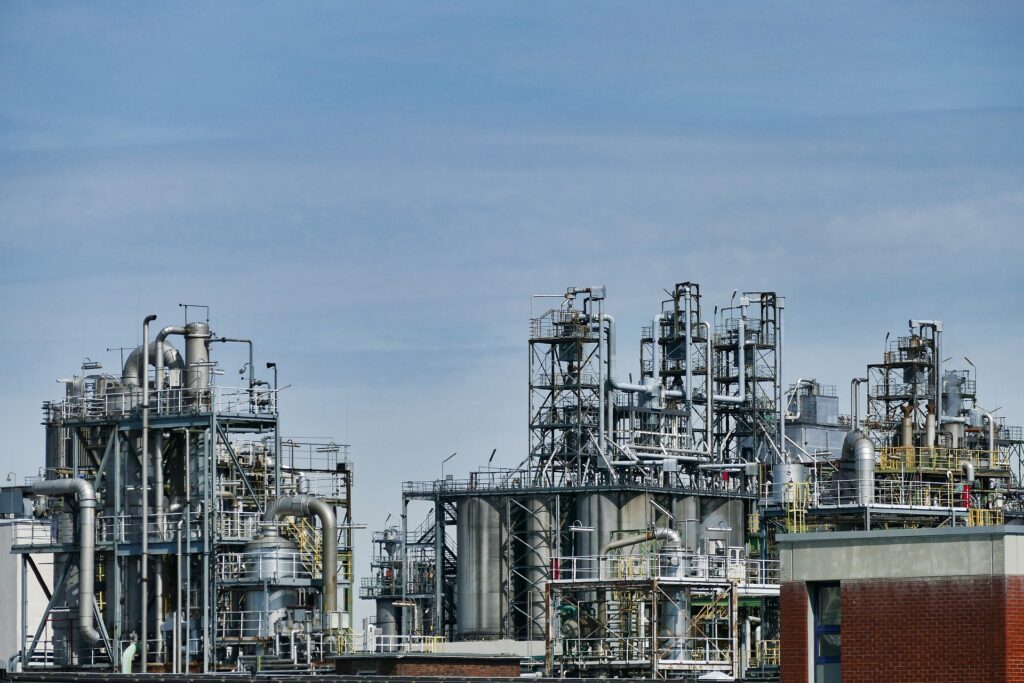Chemical engineers play a vital role in the petroleum refining process. They are responsible for designing, developing, and operating the equipment and processes that convert crude oil into a variety of useful products, such as gasoline, diesel fuel, jet fuel, and asphalt.
The petroleum refining process is a complex and challenging one. It involves a variety of unit operations, such as distillation, cracking, and reforming. Chemical engineers must have a deep understanding of these unit operations in order to design and operate refineries efficiently and safely.
The petroleum refining process is a complex and challenging one. Crude oil is a mixture of hundreds of different hydrocarbons, and each hydrocarbon has its own unique properties. Chemical engineers must use their knowledge of chemistry and engineering to separate these hydrocarbons and convert them into the desired products.
The petroleum refining process begins with the distillation of crude oil. Distillation is a process that separates the hydrocarbons in crude oil based on their boiling points. The lighter hydrocarbons, such as gasoline, will boil at lower temperatures than the heavier hydrocarbons, such as diesel fuel.

After distillation, the hydrocarbons are further processed in a variety of units, including:
- Cracking units: Cracking units break down larger hydrocarbons into smaller ones. This is done to increase the yield of gasoline and other light products.
- Reforming units: Reforming units convert naphtha, a type of light hydrocarbon, into high-octane gasoline. High-octane gasoline is used in high-performance engines.
- Alkylation units: Alkylation units combine alkenes, a type of hydrocarbon, with isobutane to produce high-octane gasoline.
- Hydrotreating units: Hydrotreating units remove sulfur and other impurities from hydrocarbons. This is done to improve the quality of the products and to reduce emissions.
- Fluid catalytic cracking units (FCC): FCC units use a catalyst to break down heavy hydrocarbons into lighter ones. This is done to increase the yield of gasoline and other light products.
After the hydrocarbons have been processed in these units, they are blended together to create the desired products. The products are then stored in tanks and shipped to customers.
In addition to their technical expertise, chemical engineers must also have strong problem-solving and communication skills. They must be able to work effectively with other engineers, scientists, and technicians to solve problems and improve the refining process.
Chemical engineers play a critical role in the global economy. Petroleum refining is a major industry, and it is essential to the production of a wide variety of products that we use every day. Chemical engineers are responsible for ensuring that this industry operates efficiently and safely.
Here are some specific examples of the work that chemical engineers do in petroleum refining:
- Designing and operating distillation columns, which are used to separate the different components of crude oil.
- Designing and operating reactors, which are used to convert crude oil into different products.
- Designing and operating heat exchangers, which are used to transfer heat between different parts of the refinery.
- Designing and operating pipelines, which are used to transport crude oil and products around the refinery.
- Conducting research and development to improve the efficiency and safety of refinery processes.
- Monitoring and troubleshooting refinery operations to ensure that they are running smoothly and safely.
- Complying with environmental regulations.
Chemical engineers also play a role in the research and development of new refining technologies. They are constantly working to develop new ways to improve the efficiency and safety of the refining process. Some of the recent advances in refining technology that have been developed by chemical engineers include:
- The use of catalysts to improve the efficiency of cracking and reforming reactions.
- The use of computer-aided design (CAD) software to design more efficient and safer refining equipment.
- The use of process simulation software to optimize the operation of refineries.
Chemical engineers are essential to the future of the petroleum refining industry. They are the ones who will develop the new technologies that will allow us to produce more fuel from less crude oil, while also reducing emissions and improving safety.